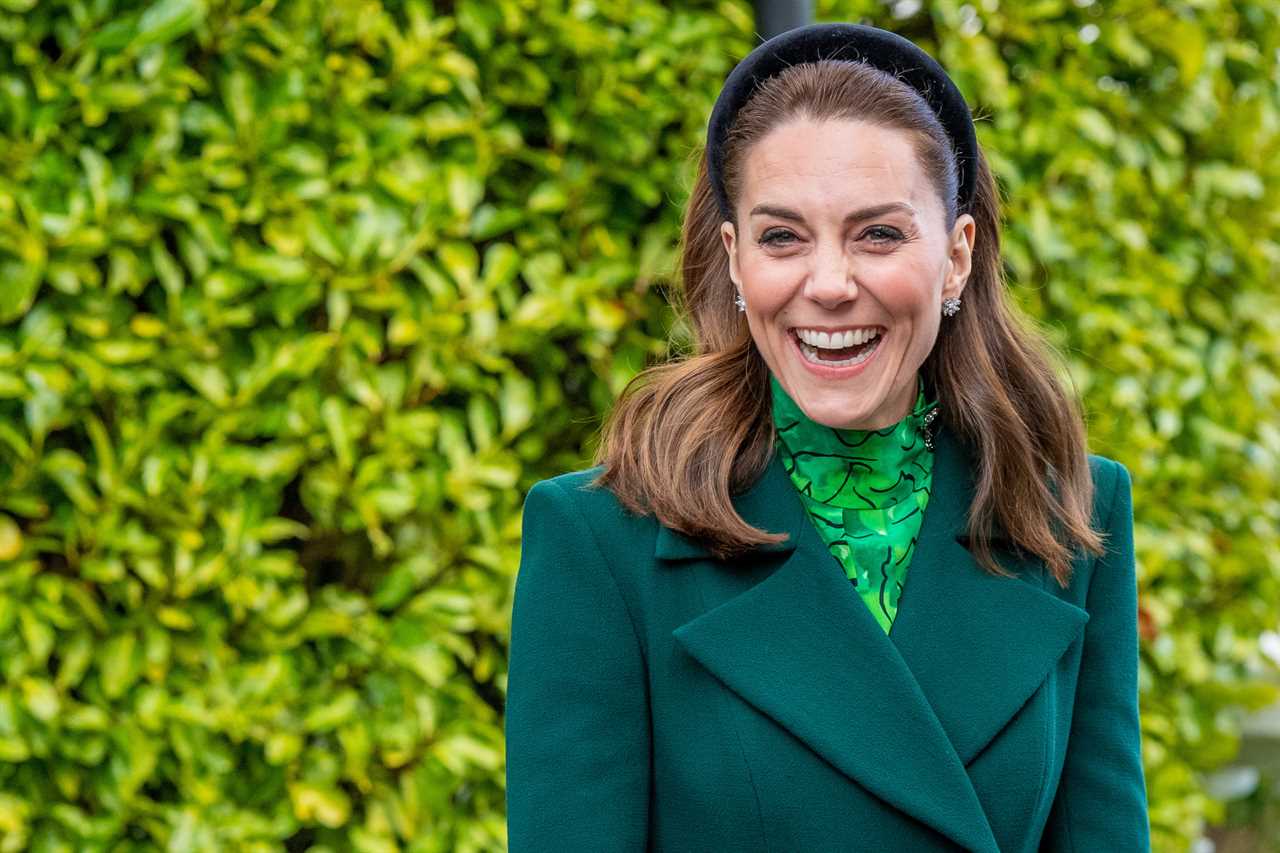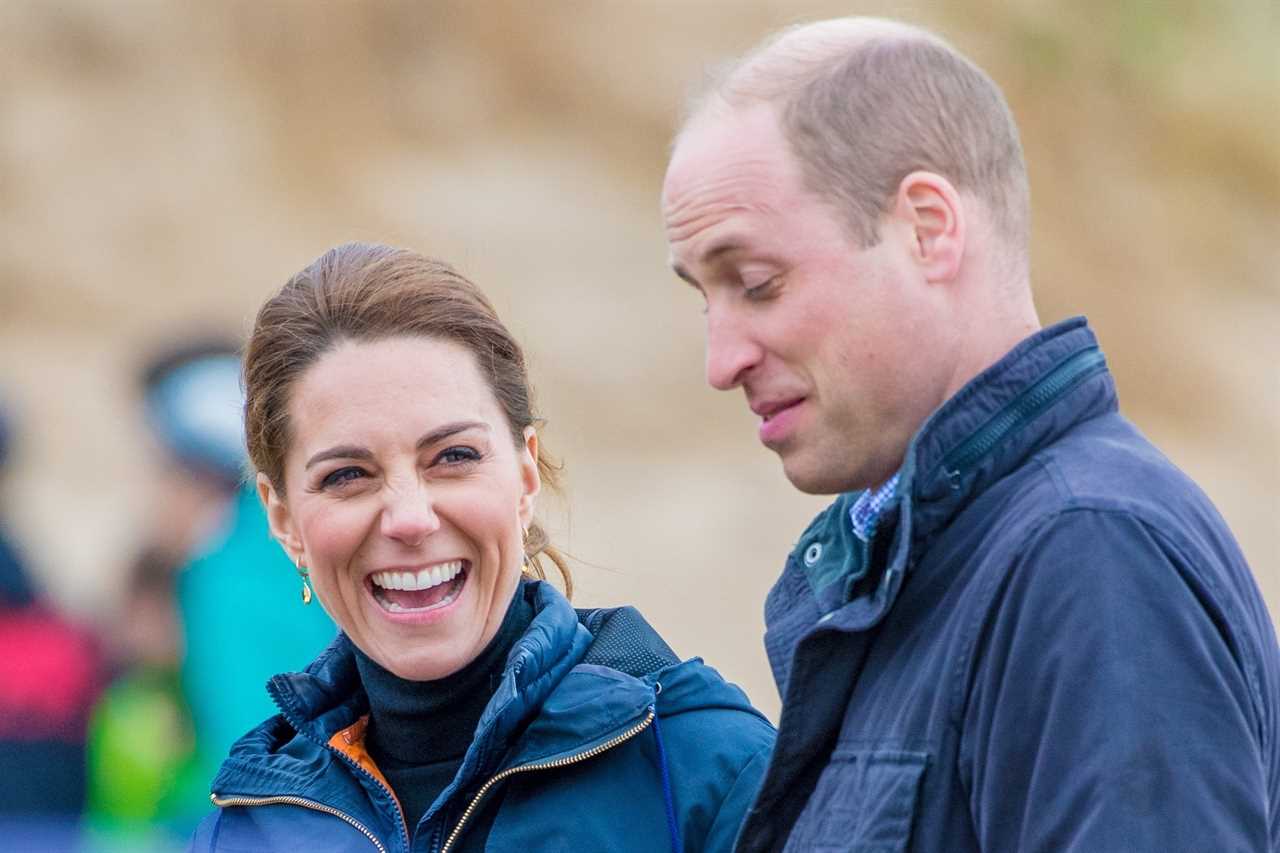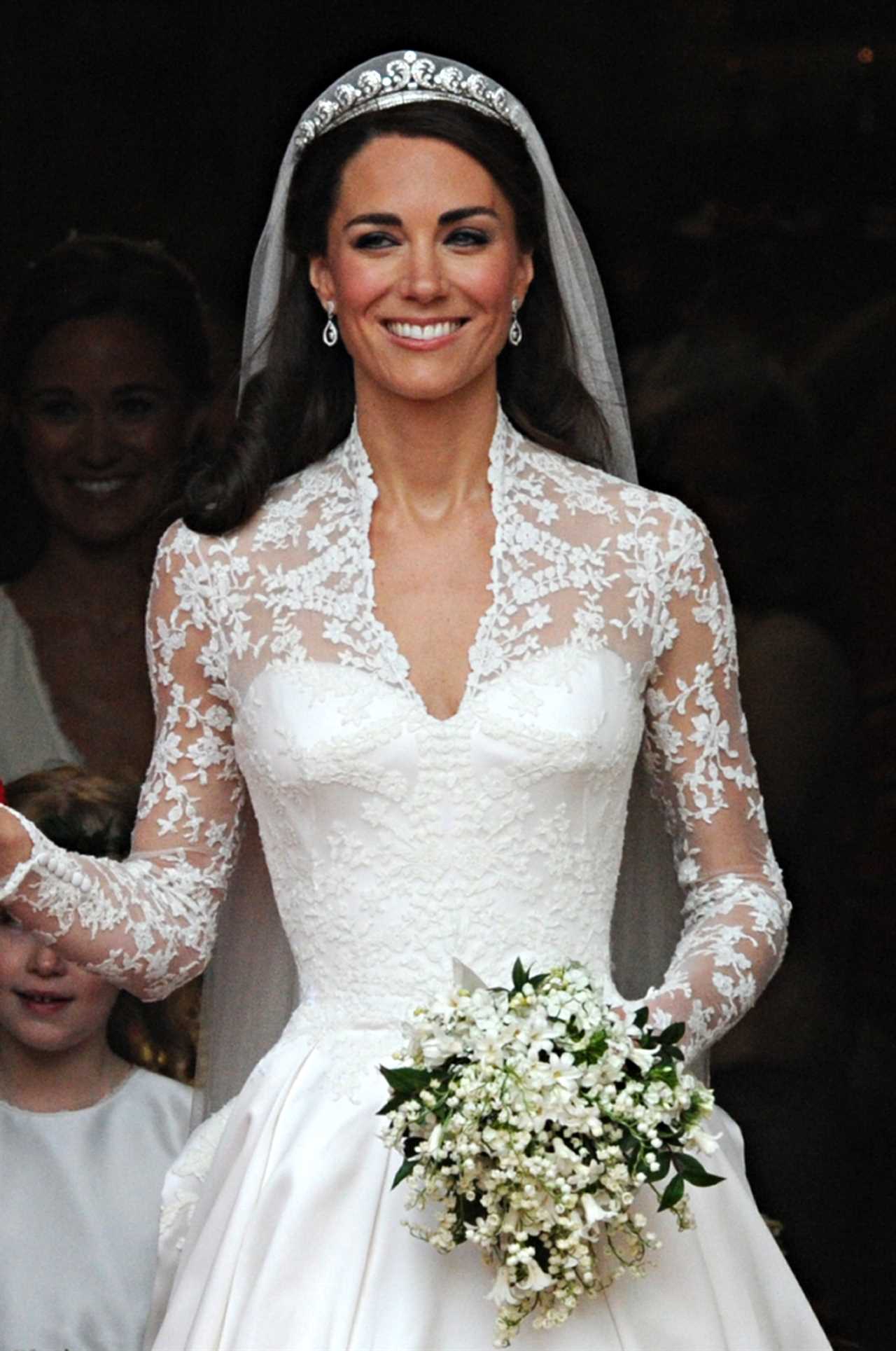IT might come as a shock, but the Duchess of Cambridge turns 40 today.
In 2011, a 29-year-old Catherine Middleton married Prince William – who will also turn 40 this year – and now, more than 10 years later and three children down the line, Kate is set to enter her fifth decade of life.

The prospect of ageing can be daunting for anyone, royal or not, but as Nigella Lawson has said, it’s a privilege to grow old.
It’s also something we all face, year-to-year, day-to-day, even minute-to-minute, whether we like it or not.
While Kate is sure to age in style (the support of a whole household staff must help quite a bit) it’s more than possible to grow older equipped with the knowledge and tools to make sense of new aches, pains and worries – as well as joys!
“Reaching 40 is a great milestone and should be an exciting time in your life to celebrate your achievements, financial independence and striking a good work life balance,” says Dr Angela Rai, GP at www.thelondongeneralpractice.com. “It is also a very important time to become mindful about your physical and mental health.”
So what do we – and Kate – need to know about when it comes to health in our 40s?
We asked the experts…
HEALTH WORRY: BONE HEALTH AND MUSCLE MASS
“Both men and women entering their 40s are likely to experience a decline in their bone mineral density, an area of health which in earlier life is often ignored,” says nutritionist Jenna Hope.
This can lead to osteoporosis and weakened bones, which can make you more vulnerable to fractures and breaks.
Women are at particular risk notes Jenna: “The risk of low bone mineral density increases for women due to the menopause and the decline in oestrogen.”
Loss of muscle mass is a similarly natural part of ageing that can affect strength and lead to increased sedentary behaviours, which in turn can have a knock on effect on your overall health.
Kathryn Danzey, Health Coach at the Institute of Integrative Nutrition, says that in your 40s, “the body starts to lose muscle mass at the rate of 1-2 percent per year,” but adds “there is light at the end of the tunnel.”
TAKE ACTION!
It is possible to “become a stronger version of your younger self” says Kathryn.
She suggests you “lift weights to maintain bone strength and muscle mass”.
“You don’t have to hit the gym. Just by using the weight of your body and the power of gravity, you can build muscle, burn fat and stay strong,” says Kathryn.
“Include squats, lunges, push ups – from the knees or against the wall – and the plank.”
“It’s all about protecting our bones,” says Personal Trainer Caroline Idiens, who says building strength is crucial to slowing bone density and muscle mass decline.
“As little as three times a week of 30 minutes of resistance exercises can really improve our bone health, building new tissue which will reduce your risk of osteoporosis later in life.”
“Training using weights will maintain and build our muscles, which in turn also helps us with our overall balance, reducing the risk of falls and injury, our posture – ensuring that we have correct alignment – as well as helping with weight management, better sleep and improved heart health,” she adds.
Personal Trainer, Jack Claxton at David Lloyd Clubs agrees on the weights front: “Our bodies need regular exercise and some form of resistance or weight bearing exercises within our daily routines.”
His top suggestions are: “Hitting your daily step count (10K steps a day), regular weight training and having a balanced diet that includes plenty of Calcium and Vitamin D.”
GP Dr Jeff Foster from www.h3health.co.uk, agrees that exercise is a brilliant all-rounder.
“We [often] exercise less in our 40s,” he says.
“We are not designed to be sedentary and exercise literally gives you more energy as it makes more blood, increases muscle mass and improves mental and physical health.”
Diet is also vital. “Increase the amount of good quality lean protein you have in your diet to maintain muscle mass,” says Kathryn, while Jenna says to make sure you’re getting the right nutrients – think calcium, phosphorus, magnesium, phosphorus and Vitamin K.
Jenna also recommends dairy, soya products, fortified milks, green leafy vegetables and nuts like almonds, to support bone health.
THE HEALTH CONCERN: METABOLISM
Diet and metabolism can start taking up a lot more brain space than they did when you were younger.
“In your 20s you can eat what you want, it makes little difference, but as we get older our ability to metabolise high calorie food becomes harder and we have to be more careful,” says Dr Jeff.
Hormones can also play a part, says Sabrina Ovadya, Pilates & PT and co-founder of URWell: “One of the main concerns around the age of 40 for women is hormonal imbalance which can have a number of impacts such as the metabolism slowing down.”
This can lead to weight gain, not to mention menopause symptoms too.
TAKE ACTION!
There’s no miracle pill for this one.
Dr Jeff says to “eat a more sensible diet and watch your calories” while Sabrina is in favour of “exercise, good nutrition and a quality lifestyle” for boosting metabolism.
“By quality lifestyle we mean meditation and mindfulness practises, trying to reduce stress and being kind to oneself,” she says.
Meanwhile Jack says metabolism and muscle mass are intrinsically linked.
“As we age our metabolisms slow down and our muscle mass naturally decreases.
“In order to maintain a high metabolism you need adequate levels of muscle mass.
“The two go hand in hand which is why I suggest to all my clients, particularly anyone over 40, to include at least two resistance training workouts in their weekly programmes.”








